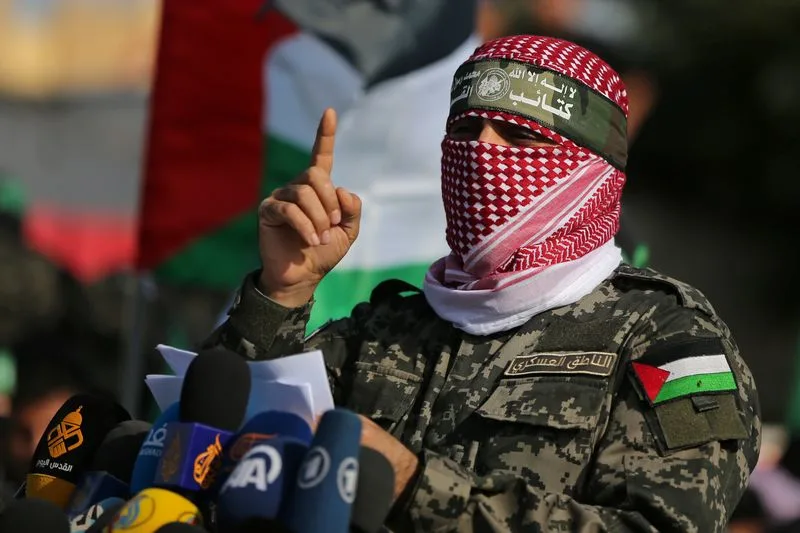Hamas, the Palestinian militant group governing the Gaza Strip, has reportedly issued new operational instructions to the guards responsible for overseeing Hostage Guards in Gaza. This development comes amidst escalating tensions and a complex regional conflict that continues to draw international concern.

New Directives in Gaza
The new instructions given to Hamas’ armed wing, particularly those overseeing hostages, are reportedly aimed at addressing the evolving military and political situation in Gaza. While details of these instructions remain closely guarded, sources suggest they include stricter protocols and heightened security measures. These changes may be a response to increased Israeli military activities and growing international scrutiny on the conditions of hostages.
This strategic shift highlights the complexities of the hostage situation in Gaza, where civilians, military personnel, and others have been detained under challenging conditions. The new instructions are believed to align with Hamas’ broader strategy of leveraging hostages as both a bargaining chip and a protective measure against potential Israeli incursions.
The Broader Context
Hamas’ latest move is set against a backdrop of heightened military operations in Gaza. The region has seen intensified confrontations between Israeli forces and various Palestinian factions, with frequent airstrikes, rocket fire, and ground operations. These hostilities have led to significant casualties and widespread destruction, further complicating the humanitarian crisis in the region.
The situation for hostages in Gaza has long been a point of contention. International human rights organizations have repeatedly called for the humane treatment of all detainees and have urged for their release. However, the ongoing conflict and the lack of diplomatic breakthroughs have left the fate of these hostages in limbo.
Hamas’ decision to implement new instructions may be viewed as an attempt to reinforce control over these captives, ensuring they remain a critical element in the group’s tactical and strategic calculations. The instructions might also reflect an anticipation of potential Israeli rescue missions, which have been a topic of speculation in various defense circles.
Implications for the Hostage Crisis
The new instructions are likely to have significant implications for the hostages themselves, as well as for their families, who continue to advocate for their release. Tighter security measures could mean stricter conditions for the hostages, potentially leading to an even more challenging environment for these individuals.
On the diplomatic front, this development could complicate any ongoing or future negotiations for the release of hostages. Israel and its allies have consistently demanded the unconditional release of all detainees, while Hamas has used hostages as leverage in negotiations, particularly in exchanges for Palestinian prisoners held in Israeli jails.
International Response
The international community’s response to Hamas’ new directives has been mixed. While some nations and organizations have condemned the continued detention of hostages, others have focused on the broader humanitarian crisis in Gaza, calling for an end to the violence and a return to negotiations.
The United Nations and various non-governmental organizations continue to monitor the situation closely, with calls for immediate action to address the deteriorating conditions in Gaza. The international community remains divided on the best approach to resolving the hostage crisis, with some advocating for increased diplomatic pressure on Hamas, while others call for more direct engagement to secure the release of hostages.
A Region in Turmoil
As Gaza remains at the epicenter of the Israeli-Palestinian conflict, the situation for hostages is just one of many critical issues facing the region. The ongoing violence, economic hardship, and political instability have created a complex and volatile environment that poses significant challenges for any peace process.
Hamas’ new instructions to its hostage guards reflect the fluid and unpredictable nature of the conflict, where strategic decisions can have far-reaching consequences. For the hostages, their families, and all those affected by the conflict, the future remains uncertain.
As the world watches, the need for a resolution to the hostage crisis, as well as the broader conflict in Gaza, becomes more pressing. The path forward is fraught with challenges, but the international community must continue to work towards a peaceful and just solution.
For more updates on this developing story and other news, visit Digital Digest.






